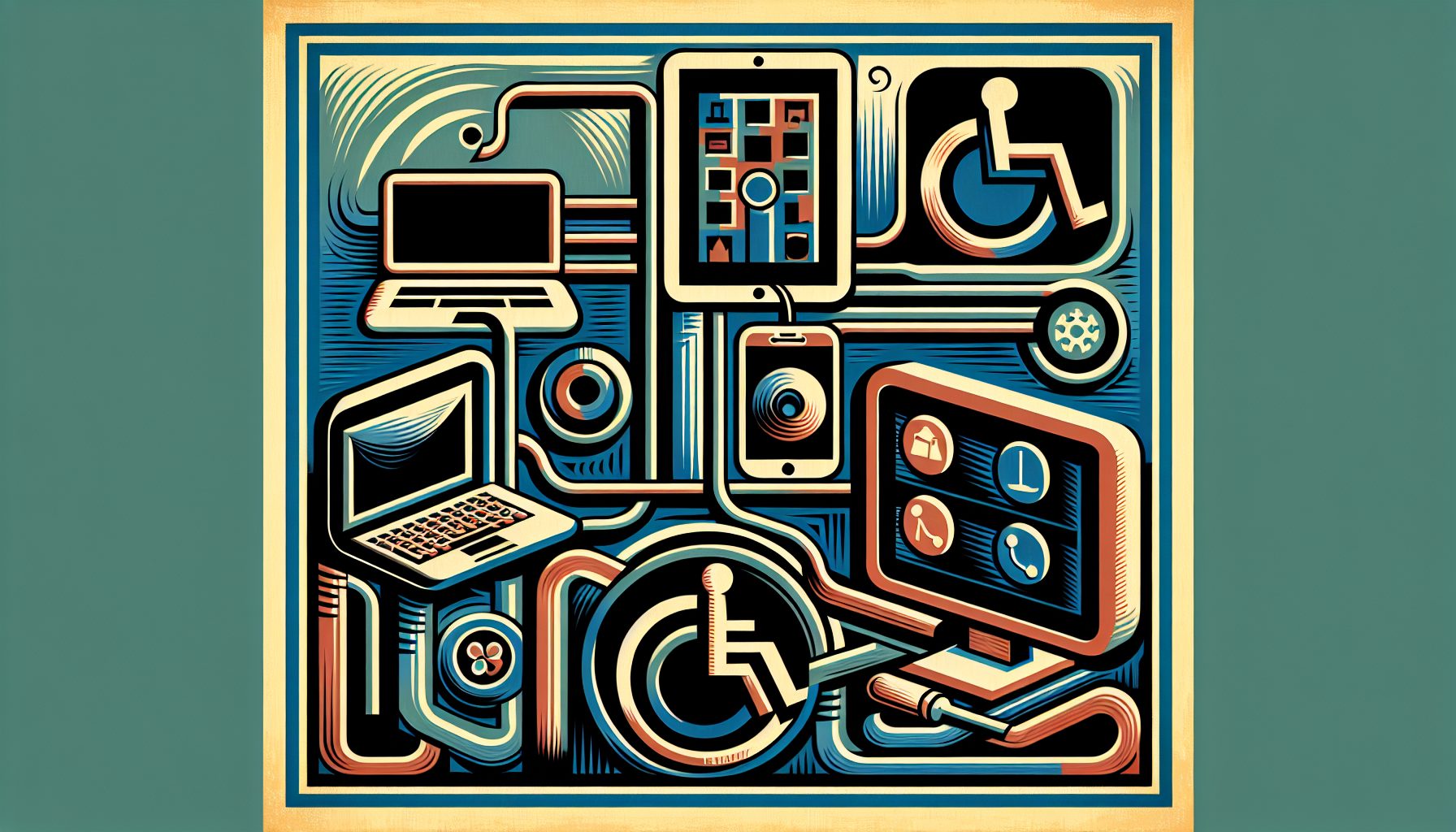Artificial Intelligence (AI) development is rapidly advancing, with its potential impact on society and the economy becoming increasingly apparent. As the AI revolution progresses, discussions around openness and proprietary control have taken center stage. On this topic, Meta’s chief AI scientist, Yann Lecun, has joined forces with over 70 other signatories in calling for a more open approach to AI development. In this article, we will explore their arguments and the implications of openness in AI.
The Need for Openness in AI Governance
In a letter published by Mozilla, the signatories emphasize the importance of embracing openness, transparency, and broad access in AI development. They argue that at this critical juncture in AI governance, a global priority should be placed on mitigating current and future harms associated with AI systems. Openness, they believe, is the key to achieving this goal.
The Open vs. Proprietary Debate
The debate between open and proprietary approaches to AI development mirrors similar discussions that have unfolded in the software industry over the past few decades. Yann Lecun, in his critique of companies like OpenAI and Google’s DeepMind, expresses concerns about efforts to secure regulatory capture of the AI industry through lobbying against open AI research and development. He warns that such actions could lead to a concentration of power in the hands of a few companies.
The Nuanced Reality
While the debate between openness and proprietary control continues, it is important to acknowledge the nuanced reality of the situation. The signatories of the open letter recognize that both open and proprietary technologies come with risks and vulnerabilities. They argue, however, that increasing public access and scrutiny can make technology safer. The idea that tight proprietary control is the only path to protecting society from harm is deemed naive at best and dangerous at worst.
Key Areas for Openness in AI Development
The open letter highlights three key areas where openness can contribute to the safe development of AI:
1. Enabling Greater Independent Research and Collaboration
Openness in AI development fosters an environment that encourages independent research and collaboration. By making AI models openly available, researchers can build upon existing work, share knowledge, and collectively advance the field. This collaborative approach promotes innovation and ensures a diversity of perspectives in AI development.
2. Increasing Public Scrutiny and Accountability
Openness promotes public scrutiny and accountability in AI systems. When AI models are openly accessible, they can be subject to thorough examination and evaluation by researchers, policymakers, and the general public. This transparency helps identify potential biases, ethical concerns, and other issues, fostering responsible development and deployment of AI technologies.
3. Lowering Barriers to Entry for New Entrants
Openness in AI development lowers barriers to entry, allowing new entrants to participate in the AI space. By providing access to foundational AI models, aspiring developers and researchers can experiment, innovate, and contribute to the field. This inclusivity promotes competition, prevents monopolistic control, and drives continuous advancements in AI technology.
Safeguarding Safety, Security, and Accountability
The open letter emphasizes that the ultimate objectives of AI development should be safety, security, and accountability. Openness and transparency play crucial roles in achieving these objectives. Open models facilitate open debates, inform policymaking, and ensure that decisions regarding AI are made with broad input and consideration. By involving diverse stakeholders and promoting open dialogue, the risks associated with AI can be effectively managed and mitigated.
The Importance of Avoiding Rushed Regulation
The letter also cautions against rushing into regulation without careful consideration. History has shown that hasty regulation can lead to unintended consequences, such as the concentration of power that stifles competition and innovation. Open models provide a foundation for informed debates, enabling policymakers to develop effective regulations that balance safety, security, and innovation.
Notable Supporters of Openness in AI Development
The open letter has garnered support from prominent figures in the AI community. Yann Lecun, renowned AI researcher and Meta employee, has lent his name to the cause. Other notable supporters include Andrew Ng, co-founder of Google Brain and Coursera, Julien Chaumond, co-founder and CTO of Hugging Face, and Brian Behlendorf from the Linux Foundation. Their endorsement further validates the importance of openness in AI development.
Looking Towards a More Open Future
As the AI revolution continues to unfold, it is crucial to foster an environment of openness, transparency, and broad access in AI development. The call for openness made by Yann Lecun and the other signatories of the open letter reflects a growing recognition of the need to prioritize safety, security, and accountability in AI governance. By embracing openness, the AI community can collectively address the challenges and opportunities that lie ahead, ensuring that AI technologies are developed and deployed responsibly for the benefit of society.
See first source: TechCrunch
FAQ
What is the core message of the open letter published by Mozilla regarding AI development?
The letter emphasizes the importance of embracing openness, transparency, and broad access in AI development to mitigate current and future harms associated with AI systems.
Who are some notable signatories of the open letter?
Notable signatories include Yann Lecun from Meta, Andrew Ng from Google Brain and Coursera, Julien Chaumond from Hugging Face, and Brian Behlendorf from the Linux Foundation.
What is the debate between open and proprietary approaches to AI development?
The debate centers on whether AI development should be open for collaborative innovation or under proprietary control to ensure safety and manage risks.
What concerns does Yann Lecun have about proprietary control in AI development?
Lecun expresses concerns that proprietary control could lead to a concentration of power in a few companies and hinder the open research and development of AI.
How can openness in AI development promote independent research and collaboration?
Openness fosters an environment that encourages sharing of AI models, knowledge, and collective advancement in the field, promoting innovation and a diversity of perspectives.
Why is public scrutiny and accountability important in AI development?
Public scrutiny and accountability help identify potential biases, ethical concerns, and other issues, ensuring responsible development and deployment of AI technologies.
How does openness lower barriers to entry in the AI space?
Openness provides access to foundational AI models, allowing aspiring developers and researchers to experiment, innovate, and contribute to the field, promoting competition.
What are the ultimate objectives of AI development as emphasized in the open letter?
The letter emphasizes safety, security, and accountability as the ultimate objectives of AI development, with openness playing a crucial role in achieving these objectives.
Featured Image Credit: Photo by Sincerely Media; Unsplash – Thank you!









